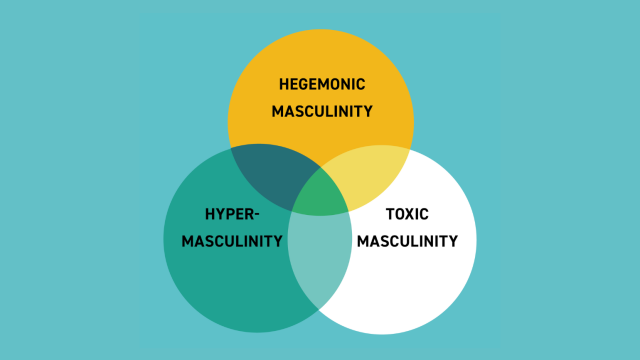Far-right extremism is not only on the rise in both the UK and Australia; it is rapidly becoming a primary security threat for both countries. Studies suggest that gender identity and gender ideology are connected to extremism and terrorism – including far-right extremism – and that prevention strategies should consider the gendered dimensions of radicalisation, recruitment, and participation in extremist groups. Yet limited research has been devoted to critically examining the transnational spread of extremism across online channels and offline sites and the degree to which this transmission intertwines with gender ideology, misogyny, and violent beliefs.
Comparing the current threat of far-right extremism in the UK and Australia, this project seeks to examine the role of online channels in promoting gender ideology and misogyny across transnational networks on three levels:
- misogynistic views and hostile/sexist beliefs held and espoused at the individual level
- in-group dynamics, with particular focus on how women and men are positioned within the group itself and their roles
- the general far-right concepts that frame both supporter beliefs and roles, offering them a ‘sense of meaning’ that shapes how they participate in the movement.
Using a mixed-methods approach, the project analysed language in far-right online forums used by both UK and Australia far-right actors in relation to concepts of gender ideology and identity, as well as examining these gendered dynamics in offline fora.
While limited evidence of direct exchanges between members of the groups and channels in the two respective countries was found in the research, the project nonetheless reveals overt similarities in the gendered narratives – including gendered threat narratives – that were promoted in the discourse in both countries. Even though some outgroups differ in the UK and Australia contexts, many of the gendered threat narratives were the same. What this suggests is that gendered narratives present an effective mode of transmission even absent of direct engagement between individuals from these two environments, and that misogyny presents a unifying element across different local contexts. For example, while demonised out-groups vary (depending on the ethnic groups that are strongly represented in the migration profiles of each country), the portrayal of the LGBTQ+ community as a sexualised threat as well as the opposition to feminism and race-mixing were the same in both countries. Furthermore, another shared element across both the UK and Australian contexts was that offline sites and activities can further reinforce gendered narratives and hostile purported online amongst the far-right, and that concepts of masculinity were overtly reinforced in these spaces.
This has significant implications for existing P/CVE policy and strategy, given that gendered narratives espoused online by far-right communities in both the UK and Australia have offline spill overs. The impact of the online/offline intersection of communication throughout language can be used to promote and legitimise violence and misogynist narratives. Therefore, it is essential that these gender dynamics are considered in risk assessment, preventative and rehabilitative work, as they can play a key role in the transmission of extremism.
Copyright Information
As part of CREST’s commitment to open access research, this text is available under a Creative Commons BY-NC-SA 4.0 licence. Please refer to our Copyright page for full details.
IMAGE CREDITS: Copyright ©2024 R. Stevens / CREST (CC BY-SA 4.0)






